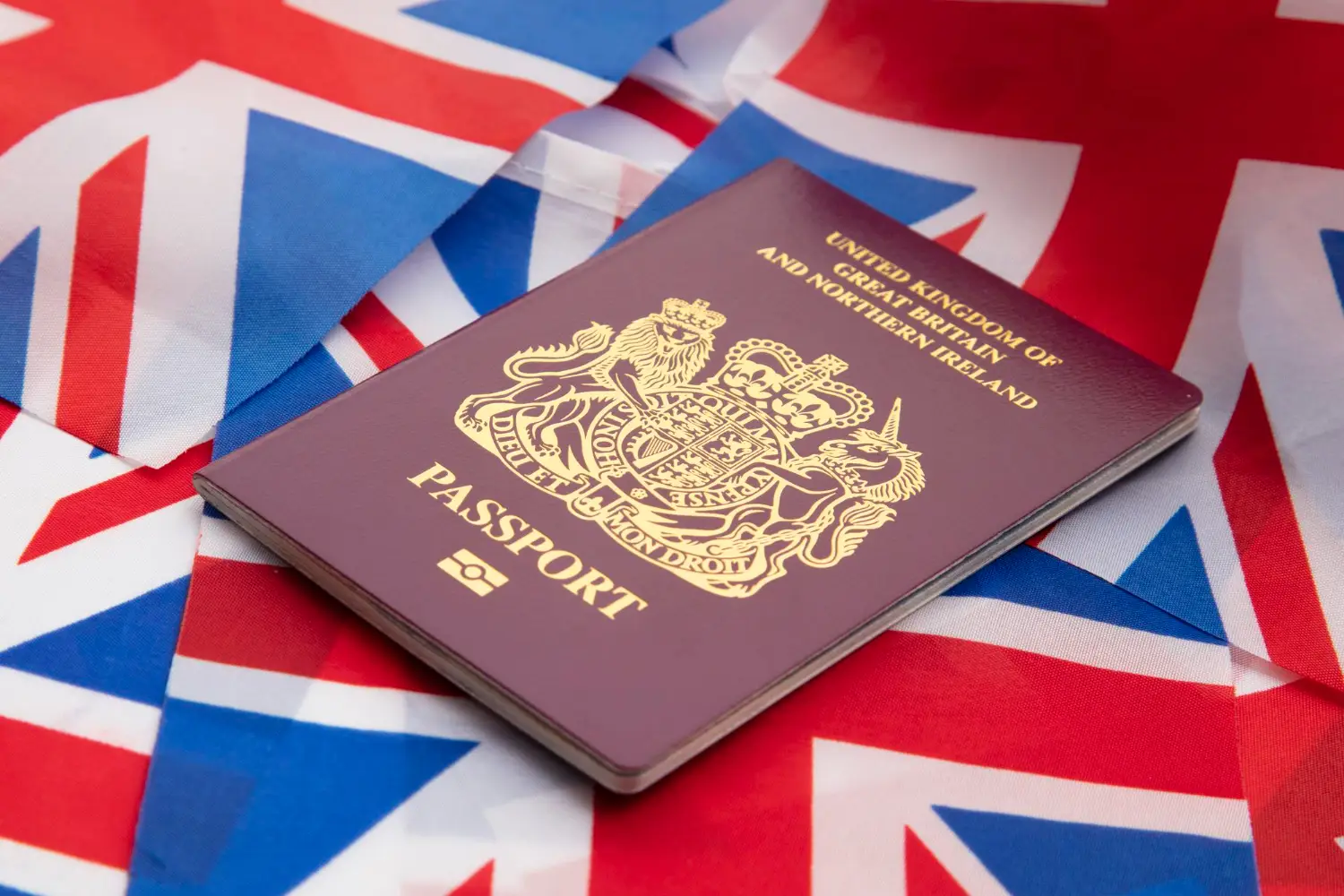Passengers flying from major airports in the UK will face ongoing restrictions on carrying liquids in hand luggage this summer. This comes after the deadline for installing new security scanners was pushed back.
Airports have been granted permission to delay the installation of scanners designed to eliminate the 100ml liquid limit. London Gatwick, Heathrow, and Manchester airports are among those not ready for the 1 June deadline.
The Department for Transport cites “genuine” reasons for the delays. Airports had the option to request a year-long extension, potentially extending the current security measures to June 2025.
Some smaller airports, such as Luton, London City, and Teesside, have successfully met the original deadline. Meanwhile, the Civil Aviation Authority plans to impose fines on airports failing to meet future deadlines.
Introduced in 2006, the current liquid rules were a response to a foiled transatlantic flight bombing plot. The new CT X-ray scanners will allow for 3D imaging, enabling passengers to leave liquids up to two litres inside their bags.
The UK aims to be the pioneer in deploying these advanced scanners on a large scale, although similar technology is in use in other countries, including the USA. Initial deadlines have seen multiple extensions, with the latest being set to June this year.
Airports face challenges such as supply chain disruptions and the need for structural modifications to accommodate the heavy new X-ray machines. Karen Dee from the Airport Operators Association acknowledges the complexity of this initiative but appreciates the government’s flexibility.
Gatwick, Heathrow, and Manchester airports are likely to require additional time to complete the installation. London City and Teesside, however, have already adopted the new scanners across all their security checkpoints as of April 2023.
Heathrow, having the most security lanes in the UK, emphasizes the importance of a careful installation process to maintain passenger flow. Manchester Airport’s managing director encourages passengers to continue adhering to current liquid regulations until the transition is complete.
Travelers are advised to stay informed about the liquid and device rules at their destination and transfer airports. Teesside Airport’s managing director expresses understanding of the logistical challenges faced by larger airports in accommodating the new technology.












